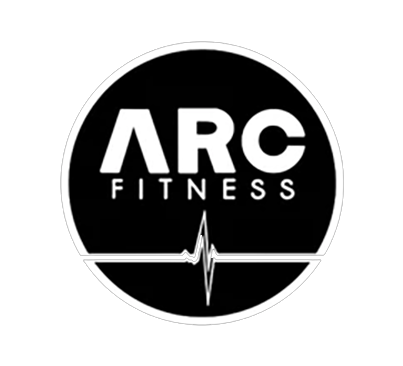No products in the basket.
Uncategorized
What are the 7 R’s of Recovery? A Guide to Addiction Recovery
What are the 7 R’s of Recovery? A Guide to Addiction Recovery
Recovery is a journey, not a destination. Whether you’re overcoming addiction, healing from a traumatic experience, or rebuilding after a setback, the road to recovery involves a series of steps. In addiction recovery, these steps are often referred to as the “7 R’s”—key principles that guide the process of healing and self-restoration.
In this blog post, we’ll explore what these 7 R’s of recovery are and how they relate to overcoming addiction. Understanding these principles can provide clarity and motivation, helping anyone on their path to sobriety and long-term well-being.
1. Recognition
The first step in any recovery journey is recognition. This involves acknowledging the presence of a problem, whether it’s addiction to alcohol, drugs, or any harmful behaviour and admitting that it is affecting your life in negative ways. Without recognizing the issue, it’s nearly impossible to move forward. In addiction recovery, this is often referred to as “hitting rock bottom” or having a moment of clarity.
Tip: To overcome denial, seek external perspectives, such as from family, friends, or professionals, who can help you see the reality of your situation.
2. Responsibility
After recognizing the problem, the next step is taking responsibility for your actions and behaviours. This doesn’t mean self-blame, but rather an honest acceptance that you have the power to change. In addiction recovery, taking responsibility often involves acknowledging how substance abuse has affected relationships, finances, and health and recognizing your role in it.
Tip: Journaling can be a powerful tool to help identify patterns of behaviour and begin the process of taking responsibility.
3. Restoration
Restoration refers to the rebuilding of relationships, health, and emotional well-being that addiction has often damaged. This stage involves making amends with others, seeking to restore trust, and repairing the mental and physical damage caused by substance abuse. It’s about making things right, not just with others but with yourself.
Tip: Engage in holistic recovery approaches that include physical fitness, mental health practices like mindfulness, and nutritional support to restore your overall well-being.
4. Resilience
Resilience is the strength to bounce back after setbacks, common in recovery. Addiction recovery is rarely a straight line; there are often relapses or moments of doubt. Resilience is the capacity to keep going, to learn from those moments, and to continue moving forward. Developing resilience helps in building long-term sobriety.
Tip: Surround yourself with a supportive community, whether that’s through a 12-step program, support groups, or a recovery coach, to help you build resilience when times get tough.
5. Reframe
Reframing involves changing the way you think about addiction and the challenges that come with recovery. This mental shift can transform how you perceive stress, triggers, and cravings. Instead of seeing obstacles as barriers, reframing helps you view them as opportunities for growth. In addiction recovery, cognitive behavioural therapy (CBT) is often used to help individuals reframe negative thinking patterns.
Tip: Work with a therapist or counsellor to identify and change negative thoughts that hinder your recovery.
6. Reconnection
Addiction often leads to isolation, whether it’s physical, emotional, or social. Reconnection is the process of rebuilding bonds with loved ones, re-engaging with meaningful activities, and rediscovering your sense of purpose. It’s about connecting with life again in a positive way. This is crucial for long-term recovery because isolation can be a significant trigger for relapse.
Tip: Consider taking up new hobbies, volunteer work, or joining recovery-based activities to help reconnect with the world in a meaningful way.
7. Renewal
The final R in the recovery journey is renewal—embracing a new lifestyle and mindset free from addiction. This step is about transformation, where the focus shifts from merely quitting substances to living a full, vibrant life. Renewal means you’ve developed healthier habits, a positive mindset, and a deepened sense of self-awareness that supports ongoing recovery.
Tip: Set new life goals and aspirations that align with your values and your vision of a sober, fulfilling life.
How the 7 R’s Help in Addiction Recovery
Addiction recovery isn’t a quick fix; it’s a lifelong process. The 7 R’s offer a structured approach to rebuilding your life after addiction. Each stage represents an important phase of growth and healing, providing a clear roadmap toward sobriety and self-empowerment.
Whether you’re just beginning your journey or are years into your recovery, keep these R’s in mind as guiding principles. They can help you navigate through the challenges, setbacks, and triumphs that come with recovery.
Final Thoughts
If you or someone you love is struggling with addiction, understanding the 7 R’s of recovery can be a powerful tool. They offer a way to break the process down into manageable steps, each of which brings you closer to lasting recovery.
At ARC, we believe in a holistic approach to wellness. Alongside physical fitness, addressing mental health and recovery from addiction is key to overall well-being. If you need support or want to learn more about how fitness can play a role in your recovery journey, don’t hesitate to reach out.

